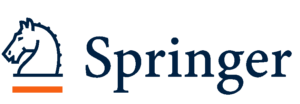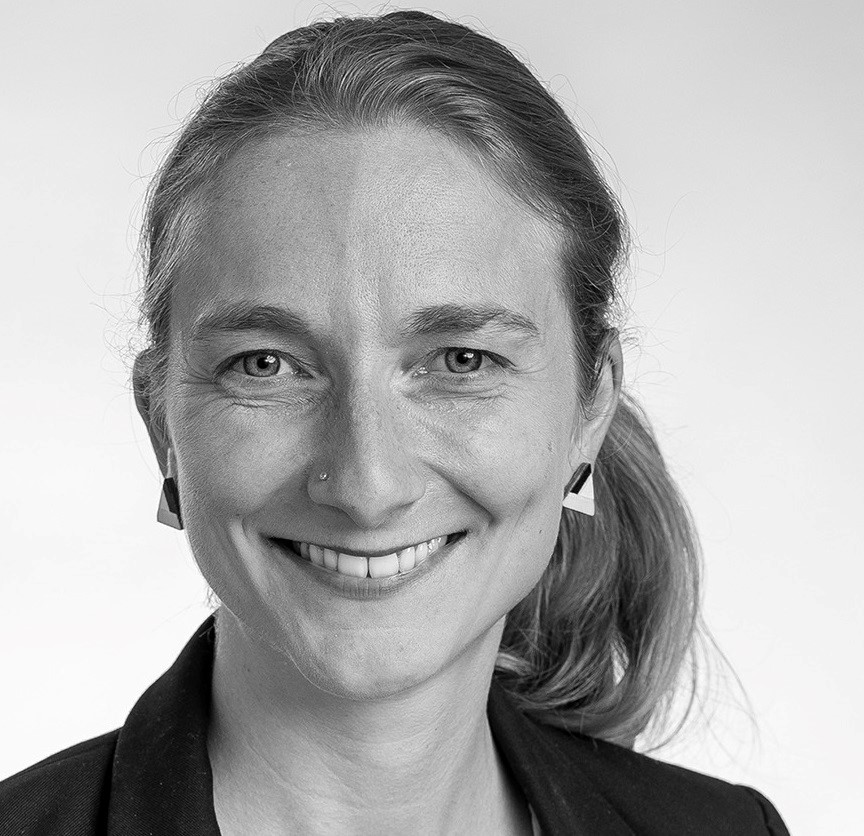WavemiX2024 – NEXT Annual Meeting webpage
Dates: 8-12 July 2024
Location: IMDEA nanociencia – Madrid – Spain
Abstract submission deadline: 7 June 2024
Registration deadline: 28 June 2024
Fees: The event is free of charge
The upcoming WavemiX (“Wave mixing in the EUV and X-ray”) annual workshop will be a meeting of the newly launched COST Action CA22148 (https://www.cost.eu/actions/CA22148/) , An international network for Non-linear Extreme Ultraviolet to hard X-ray techniques (NEXT – https://ca-next.eu/). The main goal of NEXT is to promote the development and application of advanced non-linear extreme ultraviolet (EUV) to X-ray spectroscopic and imaging techniques, enabled by Free Electron Laser (FEL) facilities and lab-based High-order Harmonic Generation (HHG) sources.
Moreover the WavemiX2024 – NEXT Annual Meeting will be a satellite meeting of Ultrafast Phenomena Conference to take place from 14 to 19 July 2024 in Barcelona, Spain (https://www.up2024.org/). The Ultrafast Phenomena Conference series began in 1976 and is held every two years. It is widely recognized as the premier international forum for gathering the community of scientists and engineers working in research and technology related to ultrafast phenomena.
The WavemiX2024 – NEXT Annual Meeting will focus on the latest theoretical and experimental development in the models, generation and application of few-femtosecond and attosecond pulses at FELs and HHG Sources, with emphasis on non-linear phenomena. The workshop will serve as a catalyst to promote the discussion of novel approaches for the generation of coherent pulses in these spectral ranges and for the implementation of novel schemes of ultrafast non-linear spectroscopy.
The meeting will be organized in 18 scientific sessions, with a series of invited talks (35+5 minutes each) and contributed talks (duration 15+5 minutes each) selected by the scientific committee of the meeting. Ample time will be dedicated to general and free discussions via coffee breaks, poster sessions and round tables. A special talk on the “Origin of biases” will be delivered by Dr. F. Logermann (MPG – Germany) expert in the field. Finally, in the spirit of creating a bridge between industry and scientists and open possibilities for secondments, a series of short pitches talks will be given by our industry partners.
Registration to the NEXT COST Action, free of charge, can be done HERE.
Confirmed Invited Speakers (in alphabetical order)
Allan Johnson, IMDEA Nanociencia, Madrid (Spain)
Alicia Palacios, Universidad Autónoma de Madrid – UAM (Spain)
André Al Haddad, SwissFEL – Paul Scherrer Institut, Villigen (Switzerland)
Balázs Major, ELI ALPS, Szeged (Hungary)
Beata Ziaja-Motyka, CFEL – DESY, Hamburg (Germany) and IFJ PAN (Poland)
Claudio Masciovecchio, FERMI – ELETTRA Sincrotrone Trieste (Italy)
Christina Bömer, CUI – DESY, Hamburg (Germany)
David Ayuso, Queen Mary University London (United Kingdom)
Emma Springate, ARTEMIS, Swindon (United Kingdom)
Eugenio Ferrari, FLASH – DESY, Hamburg (Germany)
Gabriele Crippa, Université Paris-Saclay (France)
Gianluca Aldo Geloni, European X-FEL, Hamburg (Germany)
Johan Söderström, Uppsala University (Sweden)
Kenji Tamasaku, Riken Harima Institute (Japan)
Markus Kowalewski, Stockholm University (Sweden)
Matjaž Žitnik, Jožef Stefan Institute, Ljubljana (Slovenia)
Maurizio Sacchi, CNRS Paris (France)
Oliver Alexander, Imperial College London (United Kingdom)
Oliviero Cannelli, CFEL, Hamburg (Germany)
Peter Richard Miedaner, Massachusetts Institute of Technology (USA)
Primoz Rebernik, FERMI – ELETTRA Sincrotrone Trieste (Italy)
Ralf Röhlsberger, University of Jena (Germany)
Sharon Shwartz, Bar-Ilan, Ramat-Gan (Israel)
Simon Gerber, SwissFEL – Paul Scherrer Institut, Villigen (Switzerland)
Sonia Coriani, Technical University of Denmark – DTU, Kopenhagen (Denmark)
Sven Reiche, SwissFEL – Paul Scherrer Institut, Villigen (Switzerland)
Thomas Pfeifer, Max Planck Institute for Nuclear Physics, Heidelberg (Germany)
Vincent Wanie, DESY, Hamburg (Germany)
Sponsor
Springer – NATURE
Dr. Daniela Guzmán-Angel, from the Physics Books Department at Springer Nature, has generously donated 10 books to IMDEA nanoscience. Additionally, she has provided 2 e-Book Vouchers worth 150 € each for the best poster and young scientist awards.

Industrial Partners
XRnanotech
Springer – NATURE
CINEL – Instrument for Research and Industry
Amplitude – Laser
Registration page
Book of Abstracts
Final Program



Announcement Special Talk



